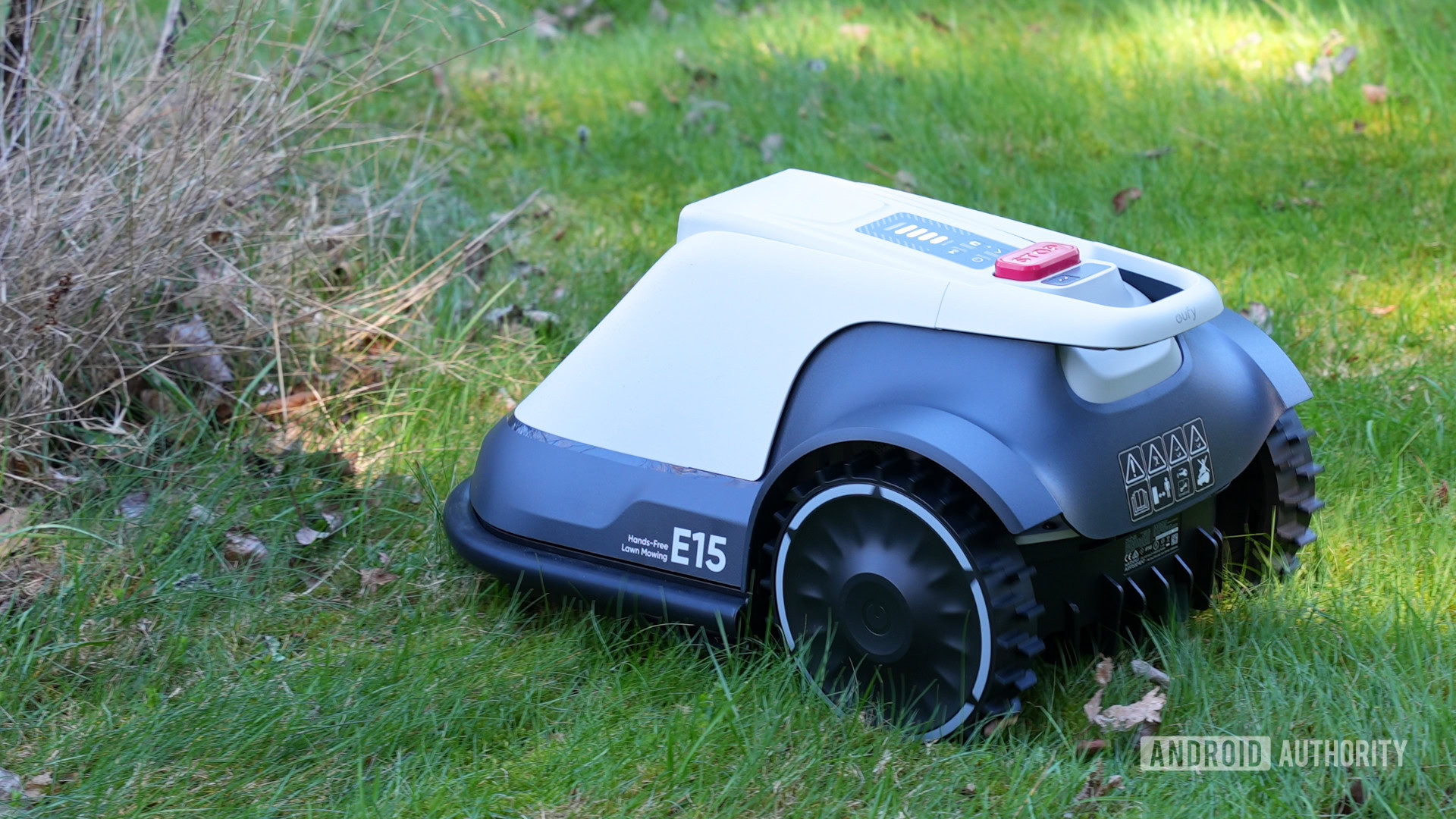Artificial Intelligence in Electrical Engineering: Opportunities and Challenges

Introduction
Artificial Intelligence (AI) is transforming multiple industries, including electrical engineering. With the advent of AI-driven technologies, electrical engineers can now leverage machine learning algorithms, data analytics, and automation to enhance efficiency, accuracy, and innovation. This article explores how AI is revolutionizing electrical engineering, the opportunities it presents, and the challenges professionals face in implementing these technologies. For students struggling with complex concepts, seeking Electrical Engineering Assignment Help or services like "Do My Assignment" can be beneficial in grasping AI’s applications in this field.
The Role of AI in Electrical Engineering
AI plays a crucial role in electrical engineering, enabling smart systems, predictive maintenance, and automation. Some of the key applications include:
1. Automation in Power Systems
AI-driven automation is reshaping power generation, distribution, and management. Smart grids powered by AI optimize electricity usage, predict demand fluctuations, and reduce wastage. This enhances efficiency and lowers operational costs.
2. Predictive Maintenance
Traditional maintenance relies on periodic inspections, which can be costly and inefficient. AI-driven predictive maintenance uses machine learning algorithms to analyze data and predict potential failures before they occur. This reduces downtime and enhances the lifespan of electrical components.
3. Renewable Energy Optimization
AI optimizes solar and wind energy systems by predicting weather conditions, adjusting energy output, and improving efficiency. AI-powered algorithms ensure maximum energy production while minimizing losses.
4. Smart Grid Management
AI facilitates real-time monitoring and control of electrical grids, preventing blackouts and optimizing energy distribution. Machine learning algorithms detect anomalies, ensuring a stable power supply.
5. AI in Circuit Design
AI assists engineers in designing complex circuits with high precision. By automating calculations and simulations, AI reduces design errors and speeds up the development process.
6. AI for Fault Detection and Diagnosis
Electrical faults can lead to catastrophic failures if not detected early. AI-driven diagnostic tools analyze electrical signals and detect faults with high accuracy, improving safety and efficiency.
Opportunities of AI in Electrical Engineering
The integration of AI in electrical engineering offers numerous opportunities:
1. Enhanced Efficiency and Productivity
AI reduces manual workload by automating tasks such as circuit design, fault detection, and energy management. This allows engineers to focus on innovation and problem-solving.
2. Cost Reduction
AI-driven predictive maintenance and energy optimization significantly reduce operational and maintenance costs, making electrical systems more sustainable and profitable.
3. Innovation in Smart Cities
AI-driven electrical systems are fundamental to smart cities, where automated lighting, intelligent traffic systems, and efficient energy management enhance urban living.
4. Improved Decision-Making
AI processes vast amounts of data in real-time, providing engineers with insights to make informed decisions. This improves system reliability and performance.
5. AI-Driven Robotics in Electrical Engineering
AI-powered robots assist in hazardous tasks such as electrical inspections, reducing risks and improving safety for engineers working in dangerous environments.
Challenges of AI in Electrical Engineering
Despite its potential, AI adoption in electrical engineering comes with challenges:
1. High Implementation Costs
Integrating AI into electrical systems requires significant investment in software, hardware, and training, which may not be feasible for small businesses or startups.
2. Lack of Skilled Professionals
AI in electrical engineering demands expertise in both domains. The shortage of professionals with interdisciplinary knowledge poses a challenge for widespread adoption.
3. Data Privacy and Security Concerns
AI relies on vast amounts of data, raising concerns about cybersecurity and data breaches. Protecting sensitive electrical grid data from cyberattacks is crucial.
4. Complexity in AI Algorithms
AI-driven electrical engineering solutions require complex algorithms, which may not always be easy to develop or implement. Errors in AI models can lead to inaccurate predictions and system failures.
5. Ethical and Regulatory Issues
AI adoption must align with industry regulations and ethical considerations. Governments and organizations need to establish guidelines to ensure responsible AI usage in electrical engineering.
AI and Electrical Engineering Education
As AI continues to impact electrical engineering, students must stay updated with the latest technologies. Universities and online platforms offer specialized courses on AI applications in electrical engineering. However, understanding AI’s technical aspects can be challenging. Students can seek Electrical Engineering Assignment Help to grasp complex concepts and improve their academic performance.
Conclusion
Artificial Intelligence is revolutionizing electrical engineering by enhancing efficiency, reducing costs, and improving system reliability. However, challenges such as high implementation costs, security concerns, and a lack of skilled professionals must be addressed. As AI continues to evolve, engineers and students must adapt to new technologies to stay competitive. For those struggling with AI-related assignments, seeking expert help through services like "Do My Assignment" can ensure better learning outcomes and career readiness in this dynamic field.
What's Your Reaction?
 Like
0
Like
0
 Dislike
0
Dislike
0
 Love
0
Love
0
 Funny
0
Funny
0
 Angry
0
Angry
0
 Sad
0
Sad
0
 Wow
0
Wow
0














































![UAE District Cooling Market [2023-2028] – Future Outlook, Latest Insights Data and Top Companies](https://s3..amazonaws.com//uploads/images/202303/image_430x256_640b00724e170.jpg)








